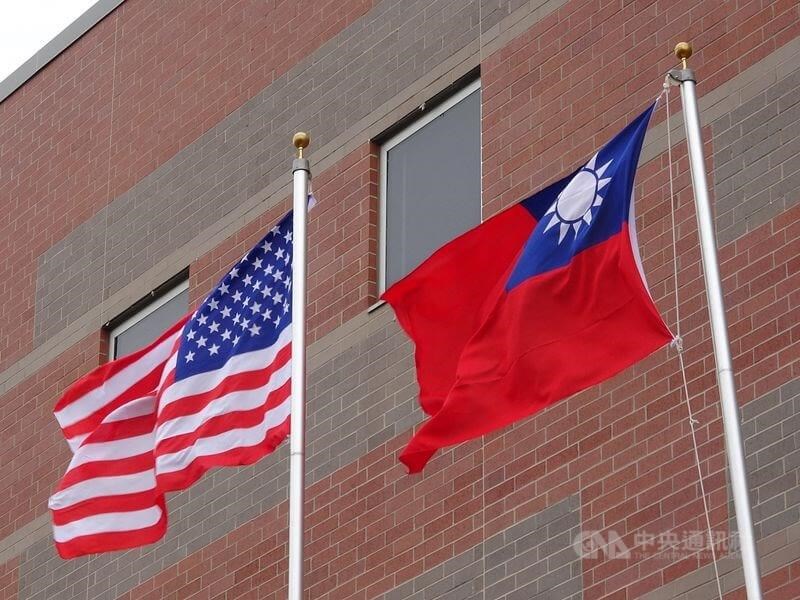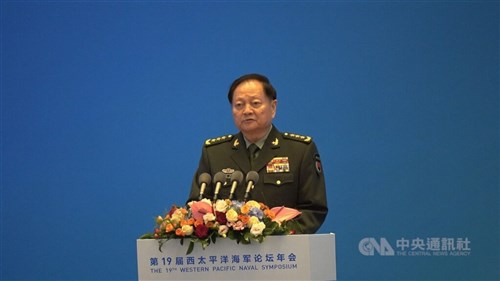ANALYSIS / China's Taiwan policy driven by Xi agenda, not Lai rhetoric: Scholars
05/06/2025 10:38 PM
China's approach to Taiwan is unlikely to change regardless of remarks by President Lai Ching-te (賴清德), which some have labeled as "provocative," as Beijing's actions are more closely driven by President Xi Jinping's (習近平) goal of achieving unification than by rhetoric from Taipei, scholars told CNA on Tuesday.
(Full text of the story is now in CNA English news archive. To view the full story, you will need to be a subscribed member of the CNA archive. To subscribe, please read here.)
More in ANALYSIS
-
![Iran could cloud Trump-Xi talks but unlikely to spark Taiwan war: Scholars]() Iran could cloud Trump-Xi talks but unlikely to spark Taiwan war: ScholarsEscalating conflict in the Middle East is unlikely to trigger an immediate cross-strait crisis or directly imperil Taiwan in U.S.-China dealings, but it could pose growing risks by straining U.S. resources and complicating the upcoming Trump-Xi meeting, scholars said.03/02/2026 06:13 PM
Iran could cloud Trump-Xi talks but unlikely to spark Taiwan war: ScholarsEscalating conflict in the Middle East is unlikely to trigger an immediate cross-strait crisis or directly imperil Taiwan in U.S.-China dealings, but it could pose growing risks by straining U.S. resources and complicating the upcoming Trump-Xi meeting, scholars said.03/02/2026 06:13 PM -
![U.S. policy unchanged despite Taiwan omission in defense strategy: Analysts]() U.S. policy unchanged despite Taiwan omission in defense strategy: AnalystsThe absence of Taiwan in the Pentagon's recently released 2026 National Defense Strategy (NDS) has raised concerns about the United States' commitment to the island nation's defense.02/07/2026 04:31 PM
U.S. policy unchanged despite Taiwan omission in defense strategy: AnalystsThe absence of Taiwan in the Pentagon's recently released 2026 National Defense Strategy (NDS) has raised concerns about the United States' commitment to the island nation's defense.02/07/2026 04:31 PM -
![Xi's military purge raises Taiwan miscalculation risk: Experts]() Xi's military purge raises Taiwan miscalculation risk: ExpertsChinese President Xi Jinping's (習近平) ongoing purge of senior military leaders, most recently targeting top general Zhang Youxia (張又俠), could help him consolidate power and potentially increase the risk of strategic miscalculation over Taiwan, according to experts.01/27/2026 09:31 PM
Xi's military purge raises Taiwan miscalculation risk: ExpertsChinese President Xi Jinping's (習近平) ongoing purge of senior military leaders, most recently targeting top general Zhang Youxia (張又俠), could help him consolidate power and potentially increase the risk of strategic miscalculation over Taiwan, according to experts.01/27/2026 09:31 PM
Latest
-
Business
Taiwan's consumer confidence weakens slightly in February
03/03/2026 11:07 AM -
Business
U.S. dollar higher in Taipei trading
03/03/2026 10:42 AM -
Culture
Mandopop singer Sun Yanzi to perform at Taipei Dome in May
03/03/2026 10:22 AM -
Society
Heavy rain advisory in effect for Nantou County
03/03/2026 10:16 AM -
Society
Taiwan headline news
03/03/2026 09:57 AM


